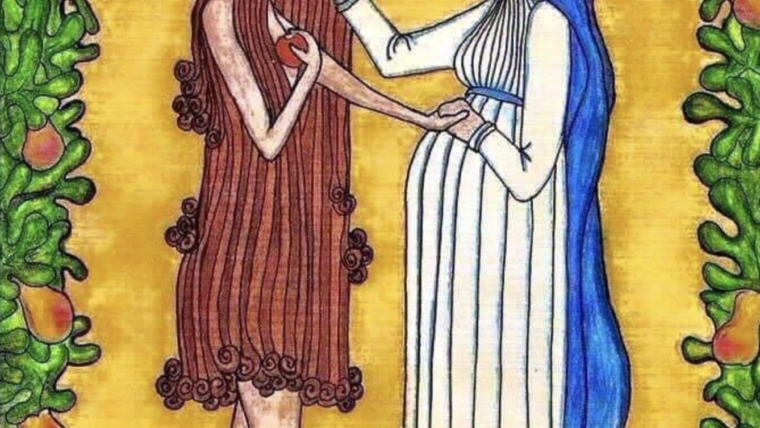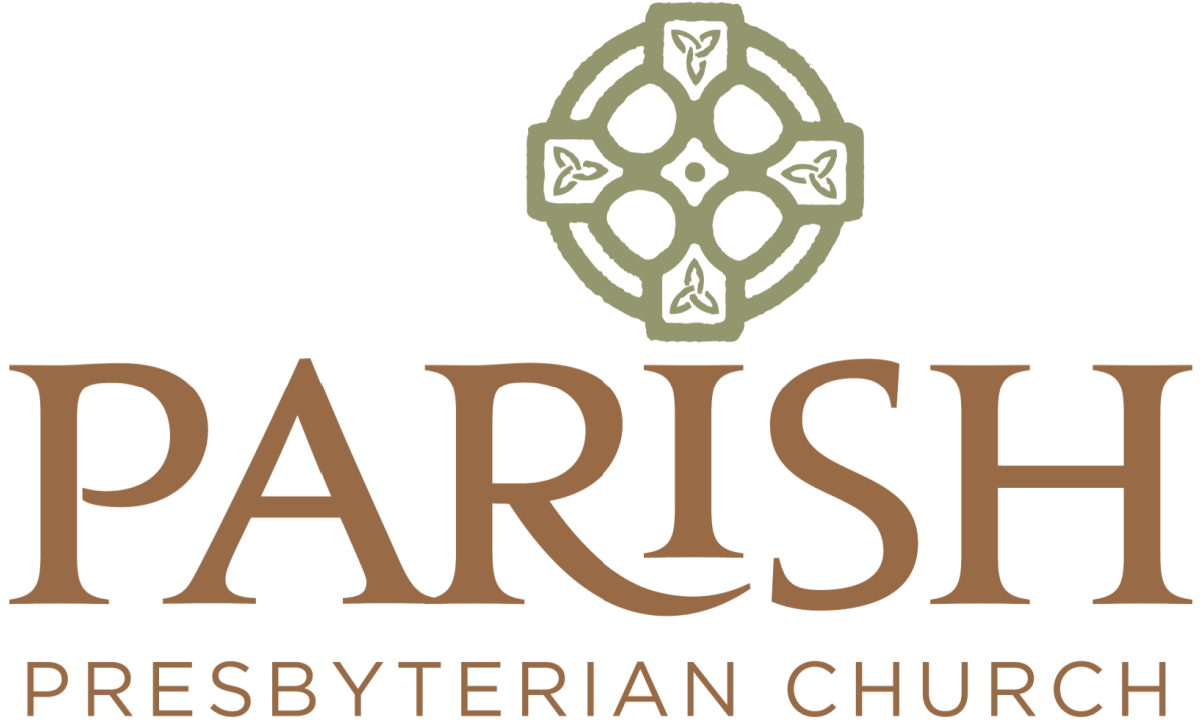As John Calvin once put it, “The human heart is a perpetual idol factory.” The psalms and hymns we sing this morning encourage us to flee from all forms of idolatry and to focus our worship on the triune God alone. We are called into worship with the classic hymn Praise To The Lord, The Almighty, in which we are…
This morning we begin a new series on God’s Law, as found in Exodus 20. From now until Palm Sunday, we’ll read through each of the ten commandments as the sermon text, and use each of them in our confession of sin. This week, you’ll also notice Jesus’ summary of the Law from Matthew 22 (“You shall love the Lord…
Cameron Clausing (Ph.D., University of Edinburgh) is the Lecturer in Applied Theology and Missional Engagement at Christ College, Sydney. He has been on the full-time staff at Christ College since 2021, prior to which he was a visiting Assistant Professor at Covenant College, Georgia, a Lecturer at Faith Mission Bible College in Edinburgh, an Assistant Pastor at Parish Presbyterian Church…
Christmas is here! Today, we will greet our Lord who is “born this happy morning.” We’ll confess that “the Lord is come,” and we implore the earth to “receive her King.” We’ll declare, “To us, a child of hope is born.” We’ll sing alleluias to the “lovely child, holy child,” and we’ll hail this baby as the “Word made flesh.”…
One of the joyous difficulties of this season is finding a way to include in the service all the wonderful hymns and carols that we only get to sing during this time of year. Of course, this is an impossible task—in just four weeks, we can only scratch the surface of the rich tradition of Advent and Christmas hymnody. This…
Here’s a rough demo of a Christmas tune we began singing in 2021 at Parish Presbyterian Church. O Savior Dear Text: Paul Gerhardt, 1653, tr. Paul Kretzman, 1930, alt. 2021. Music: O JESU CHRIST, DEIN KRIPPLEIN IST, Johann Crüger, 1656, alt. Henry C. Haffner, 2021. O Savior dear, Thy manger here my soul shall call a paradise of glory. Here…
In last Sunday’s sermon text, Zechariah proclaimed how God is always working redemption for His people. This Sunday we see the fulfillment of that prophecy through yet another angel proclamation. A whole host of angels appear to the shepherds calling them to come and worship the Shepherd of their souls who will satisfy them with every good thing. God has…
Just as we saw in Mary’s song last week, Zechariah’s song from Luke 1:67-80 draws heavily from the language of the Old Testament. Zechariah remarks that the “horn of salvation” (a reference to Psalm 18:2) was promised “by the mouth of His holy prophets from of old,” a sentiment echoed in many Christmas hymns. See, Amid The Winter’s Snow refers…

This Sunday, we begin a short sermon series on the “songs” in the New Testament that surround the birth of Christ: Zechariah’s song (Luke 1:67-79), the angels’ song (Luke 2:14), Simeon’s song (Luke 2:29-32), and today, Mary’s song (Luke 1:46-55). Several of the hymns we sing this morning allude to Mary’s actions in the story of Jesus’ birth. Come All…

